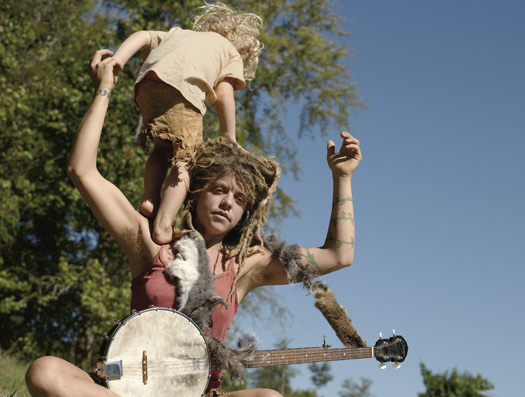
August 5, 2010
Re-Wilding: Moving off the Grid in America

I grew up with my extended family on a small farm in suburban Long Island. While malls and supermarkets developed around us, we followed many of the philosophies of the 1960s back-to-the-land movement. We heated with wood, farmed and canned our food, and bartered the plants we grew for everything from shoes to dental work. But while my family continued to cultivate our land, we still managed to own three tractors, four cars, and five computers by the time I left for college in 2001. This mixture of the modern world in our otherwise rustic life made me curious to see what a completely self-sufficient way of living might look like.Â

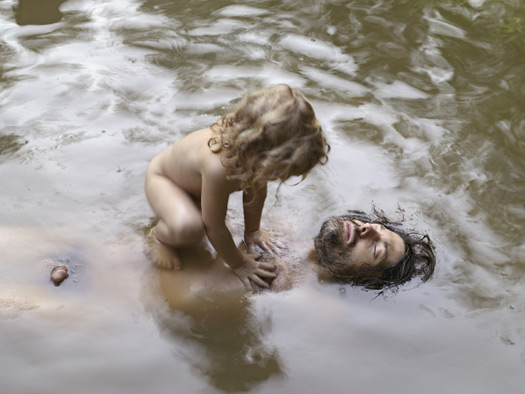
Natalie (North Carolina): A lot of us who live here came with a kind of post-activist outlook — realizing that the world is really messed up, that nature is being destroyed, and being incredibly dissatisfied with consumer culture and the whole idea of success in modern society. All of us wanted to live close to the land, and realized that the way things are going to change is not through activism.Â
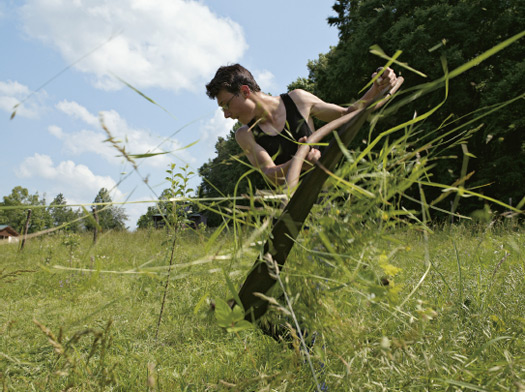

Kaleb: America is a land of such abundance that it’s really difficult not to survive, for an able-bodied individual. There’s an abundance of everything to be had for cheap or free if you’re willing to be resourceful about how you get it and what you do with it. And life feels so much freer and more spontaneous when you’re not working for someone, and when you’re not tied down to paying rent or a mortgage . . . you can fulfill the natural instincts that humans have to just get out and roam, and find food every day — have every day be a new and exciting experience. It’s totally possible in America.Â
And that hive produced a whole bucket of honey between May and August. A bucket of honey. We stripped the bark from the tree for baskets, and I soaked pieces of the wood in the pond and made tool handles from them (hickory is one of the best woods to use for tools). And I used the rest for firewood. Sometimes things work neatly like that around here.
Lowell: One problem you run into is everybody’s kind of independent. Most people who are independent enough to try to live separate from worldly things are too independent to listen to each other. They’re headstrong. The Amish have it figured out. On Sunday afternoon, they decide what they’re going to do for the week. When I lived near them, they’d come to me and say: “We’re going to lay the blocks for your house Tuesday, so have everything ready.” I mean, it’s not “We’ll help you do it,” it’s “We’re going to lay your blocks.” It’s just so much easier when you do things that way.
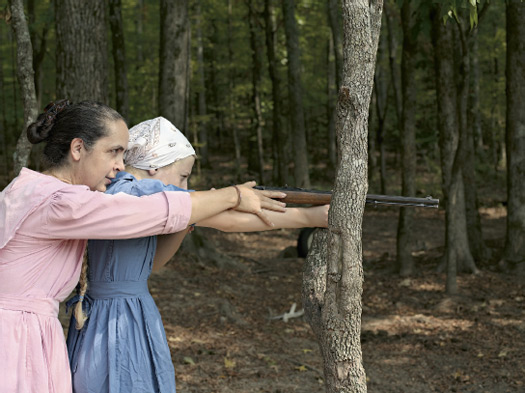
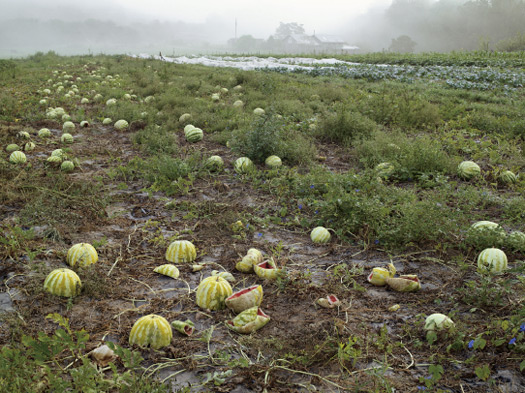
Conrad (Tennessee): Have you read the Scripture? Satan is bringing all humankind into bondage. Through the international banking system, he’s accomplishing his goal. The international bankers say: “You can’t live without us, so all of you owe us for your survival.”Â
Lowell: The last year I worked in business, I made over $250,000. The next year I made $3,600 [laughs]. It finally worked up to about $6,000. And we’re doing fine. You don’t spend money, so you don’t have bills.
Rita (Tennessee): When the banks go down, people will see that they can’t get any money, and then they’re going to try to get whatever they can with what money they have — stuff they’re going to need. Food is going to be number one, I think. Next is guns and ammo. Then probably gas. And then medications. But they’ll be thinking, “This is going to last six months, maybe.” They won’t be looking five years down the road.Â
Colbert (Georgia): Probably 20 percent of my food comes out of the swamp. Counting the meat, I get probably 80 percent of the wild meat out of the swamp. Beaver, otter, deer, raccoon, fish. Whatever I bump into. I’ve eaten owl.
Lowell: You know what frogs’ legs taste like? Blue heron tastes just like it.
Natalie: When I skinned my first raccoon, I cried. It looked so much like a fetus to me. It was really hard. But it’s easy now. It’s interesting how that changes.
Kaleb: How would I define feral? It’s basically when you go from a domesticated, civilized state to a more wild and natural existence. It’s not just being wild, it’s becoming wild — whether by choice and consciousness or through necessity.
Talia (North Carolina): Over the years I’ve come to realize that most people are not going to, nor do they have any desire to, radically change their lives. Most people simply aren’t doing anything because they have no idea where to begin. What would help?Â

Observed
View all
Observed
By Lucas Foglia
Related Posts

Business
Katica Roy|Analysis
Minefields and maternity leave: why I fight a system that shuts out women and caregivers

Design of Business | Business of Design
Ellen McGirt|Audio
Candace Parker & Michael C. Bush on Purpose, Leadership and Meeting the Moment
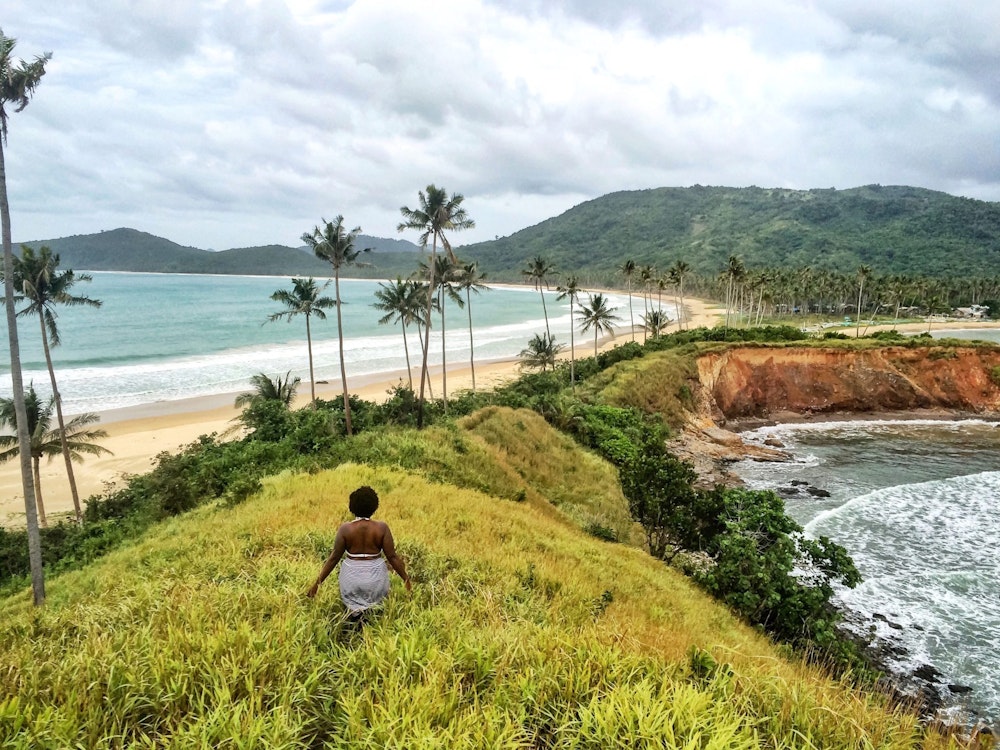
Business
Courtney L. McCluney, PhD|Essays
Rest as reparations: reimagining how we invest in Black women entrepreneurs

Design Impact
Seher Anand|Essays
Food branding without borders: chai, culture, and the politics of packaging
Recent Posts
Minefields and maternity leave: why I fight a system that shuts out women and caregivers Candace Parker & Michael C. Bush on Purpose, Leadership and Meeting the MomentCourtney L. McCluney, PhD|Essays
Rest as reparations: reimagining how we invest in Black women entrepreneurs Food branding without borders: chai, culture, and the politics of packagingRelated Posts

Business
Katica Roy|Analysis
Minefields and maternity leave: why I fight a system that shuts out women and caregivers

Design of Business | Business of Design
Ellen McGirt|Audio
Candace Parker & Michael C. Bush on Purpose, Leadership and Meeting the Moment

Business
Courtney L. McCluney, PhD|Essays
Rest as reparations: reimagining how we invest in Black women entrepreneurs

Design Impact
Seher Anand|Essays

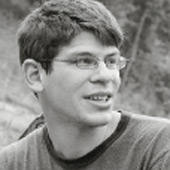 Lucas Foglia received his MFA from Yale in 2010. His photographs are in the permanent collections of the Museum of Fine Arts Houston, the Rhode Island School of Design Museum of Art, and the Margulies Collection.
Lucas Foglia received his MFA from Yale in 2010. His photographs are in the permanent collections of the Museum of Fine Arts Houston, the Rhode Island School of Design Museum of Art, and the Margulies Collection.